The main form of work is through labor contracts.
The Ministry of Education and Training has just announced a draft Proposal on the issuance of a Decree regulating foreigners entering to work as managers, teachers, scientific research and academic exchange staff at educational institutions in Vietnam.
Citing figures based on reports from 25/34 Departments of Education and Training, the draft said that there are 4,700 foreign teachers, managers, and experts working at preschool, general education, and continuing education levels. Of these, over 3,600 have university degrees, 623 have master's degrees, 171 have doctoral degrees, and about 250 have other qualifications.
The main form of employment is through labor contracts (4,100 people); through agreements or cooperation agreements is 290 people; volunteers are 76 people, the rest are other forms.
Teaching foreign languages is the most popular field of work with 3,531 people, accounting for 73.5%; teaching specialized subjects: 809 people, accounting for 18%; management: 191 people; scientific research and academic exchange: 59 people; other jobs: 206 people.
Some notable localities with many foreign experts working in educational institutions include Hanoi, Ho Chi Minh City and Ninh Binh. Other localities with significant numbers include: Hung Yen (432 people), Phu Tho (286 people), Hai Phong (252 people). Some provinces have not recorded any foreign experts.
Many administrative procedure problems
Although positive results have been achieved from the legal corridor with regulations of the Labor Code, Decree on management of foreign workers in Vietnam, the quality of the team of experts is highly appreciated, but there are still many limitations, difficulties and problems affecting the results of attracting foreign workers.
According to the draft, the most notable is that the administrative procedures are complicated, troublesome, and slow to process. The application for granting/exempting a work permit requires many documents to be consularly legalized and notarized, causing time and expense. The need to post a recruitment notice for Vietnamese workers to replace the application for a work permit is time-consuming.
The procedure for extending a work permit is complicated, it can only be extended once and then a new one must be applied for, causing difficulties for the units. The duration of a work permit is 2 years, then it must be renewed, causing many difficulties for the units using foreigners.
Salaries and benefits at many public institutions are not competitive enough compared to the international labor market. Support for accommodation, travel, and health insurance is very limited. Notarization, translation, and legalization processes are costly and time-consuming. Recognition of teaching certificates for language teachers and guest lecturers is not really flexible.
There is no clear and consistent mechanism for the recognition of international degrees and certificates. In particular, there is no officially accepted list of international certificates such as TESOL and TEFL, due to the uneven quality of hundreds of issuing organizations.
Source: https://giaoducthoidai.vn/rao-can-lon-trong-thu-hut-lao-dong-nuoc-ngoai-vao-truong-hoc-post750591.html







![[Photo] General Secretary To Lam and National Assembly Chairman Tran Thanh Man attend the 80th Anniversary of the Traditional Day of the Vietnamese Inspection Sector](https://vphoto.vietnam.vn/thumb/1200x675/vietnam/resource/IMAGE/2025/11/17/1763356362984_a2-bnd-7940-3561-jpg.webp)


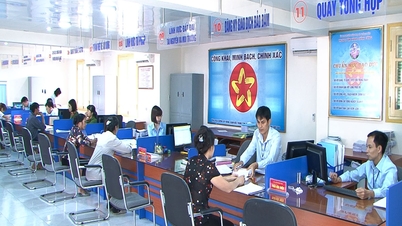

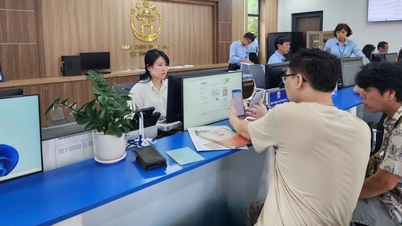

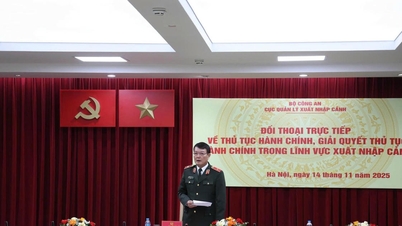

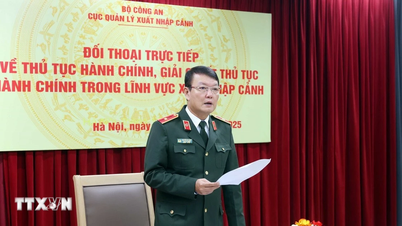


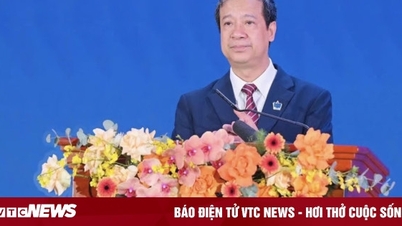

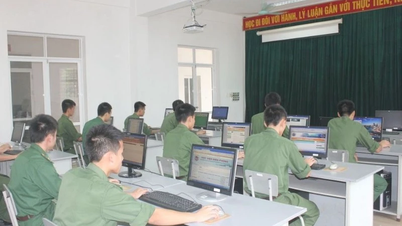

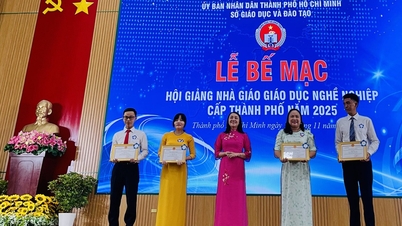

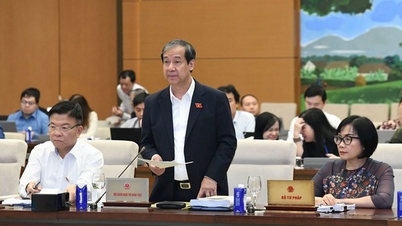

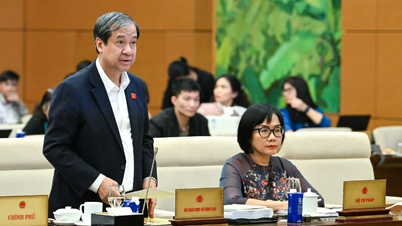
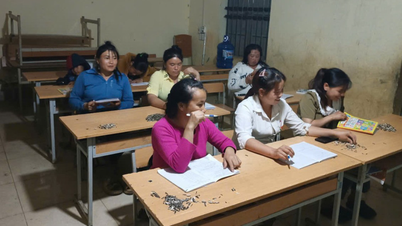





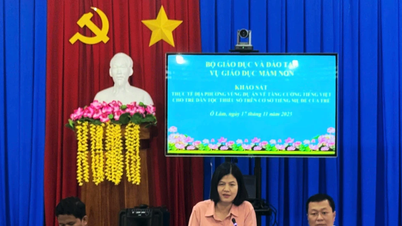
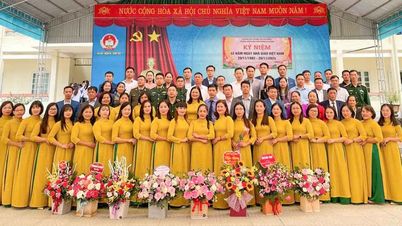
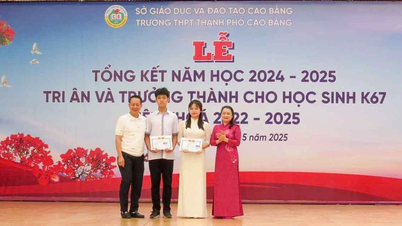
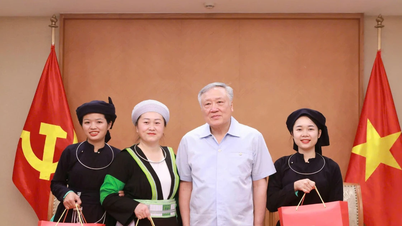
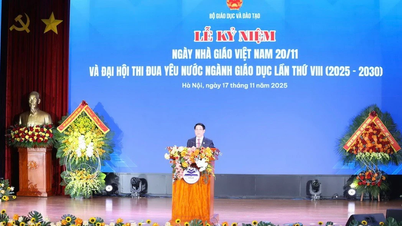
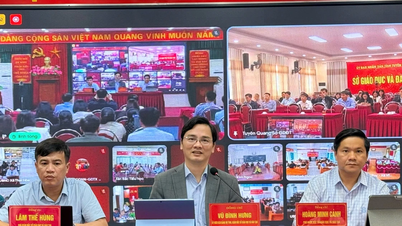


















































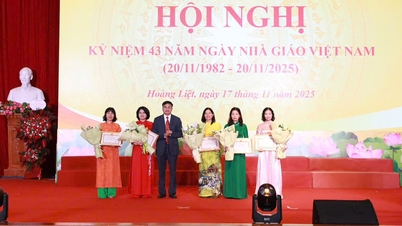
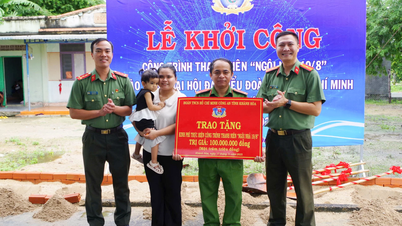

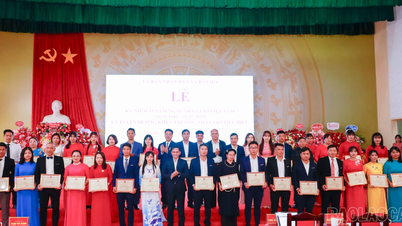

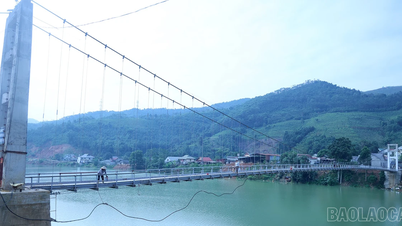
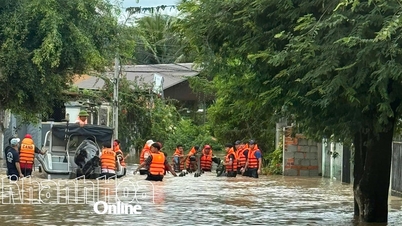
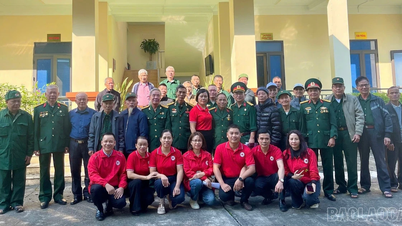










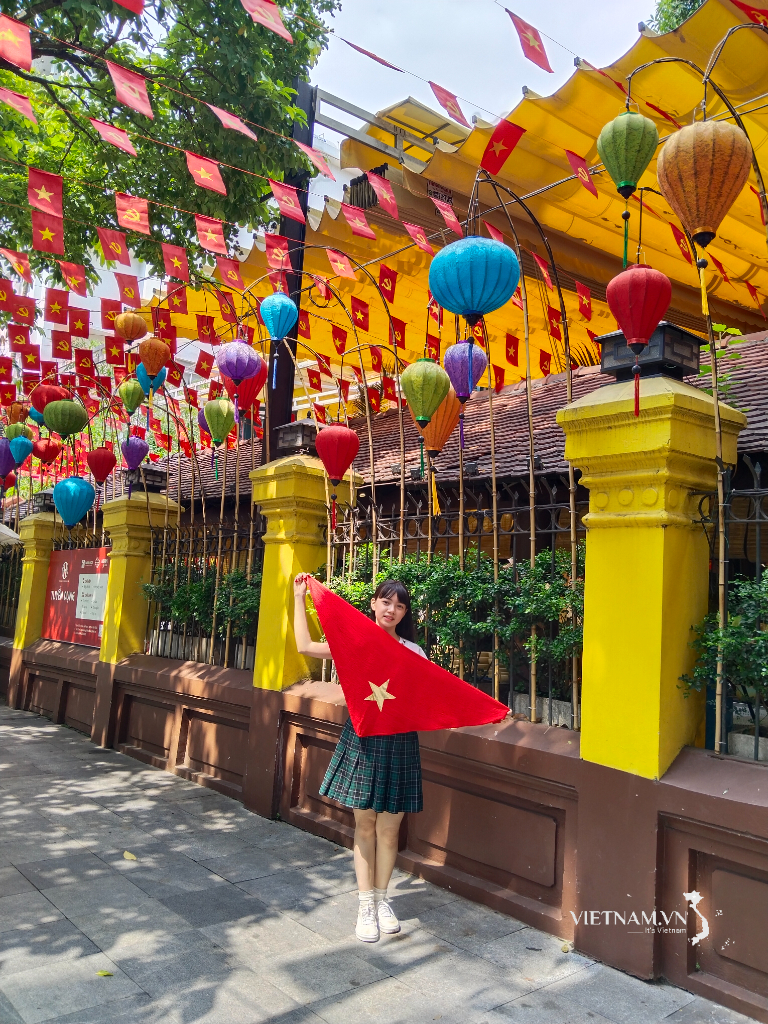


Comment (0)